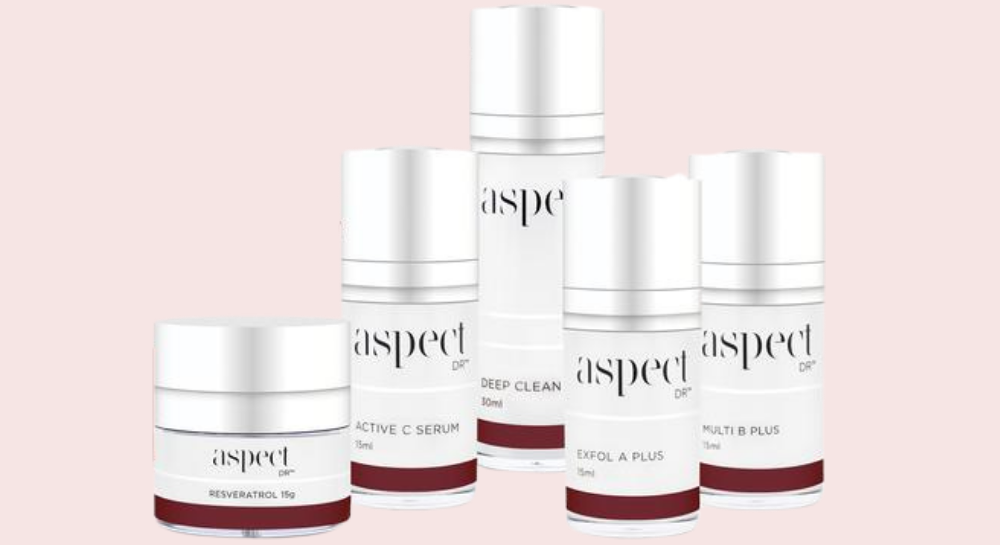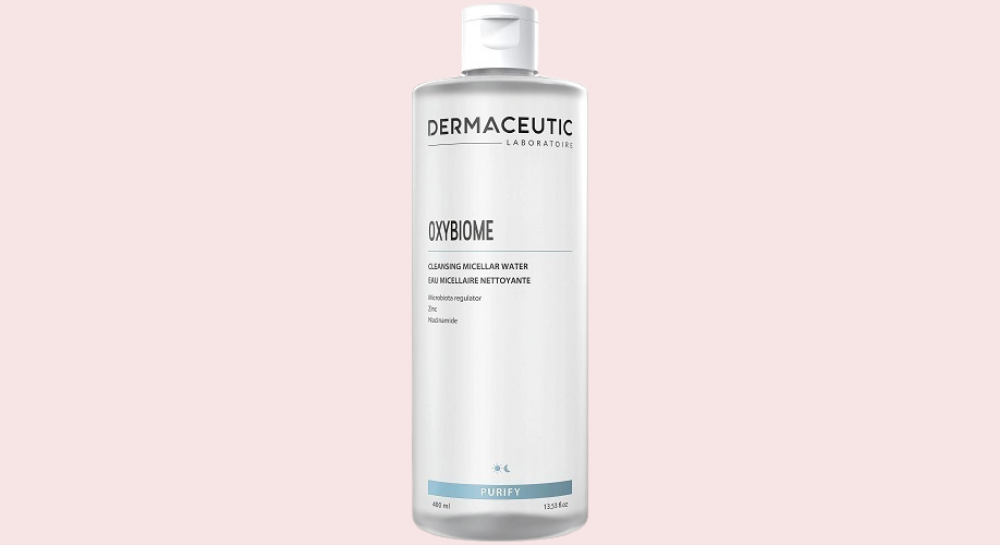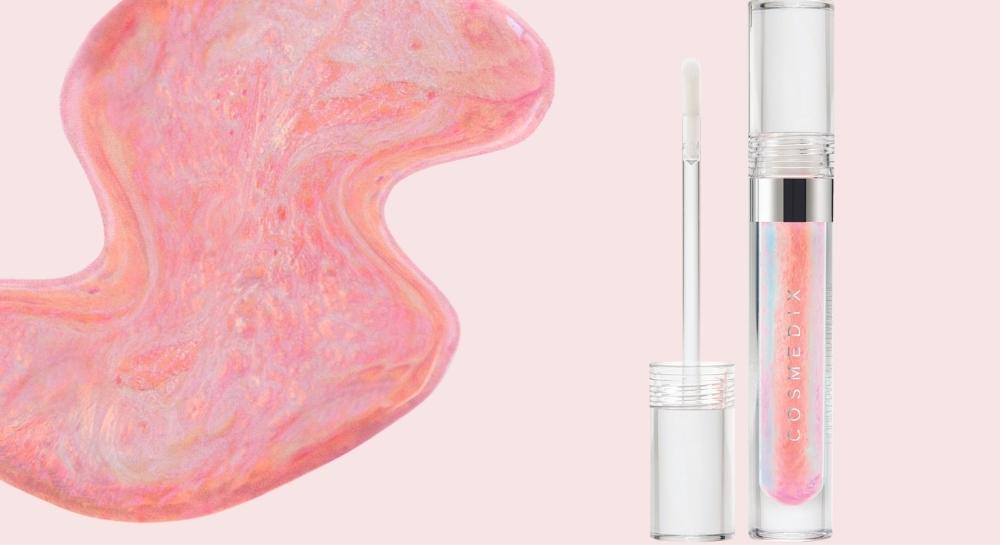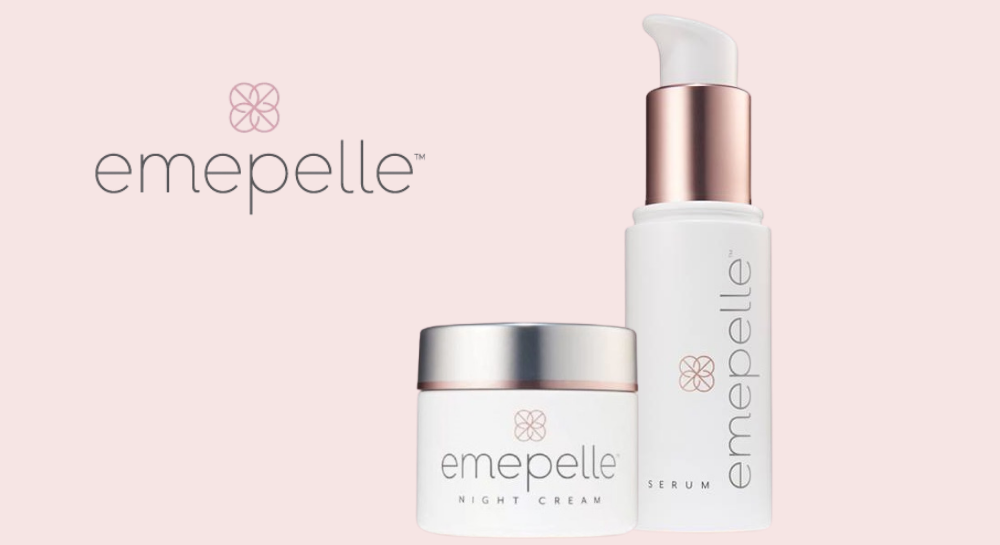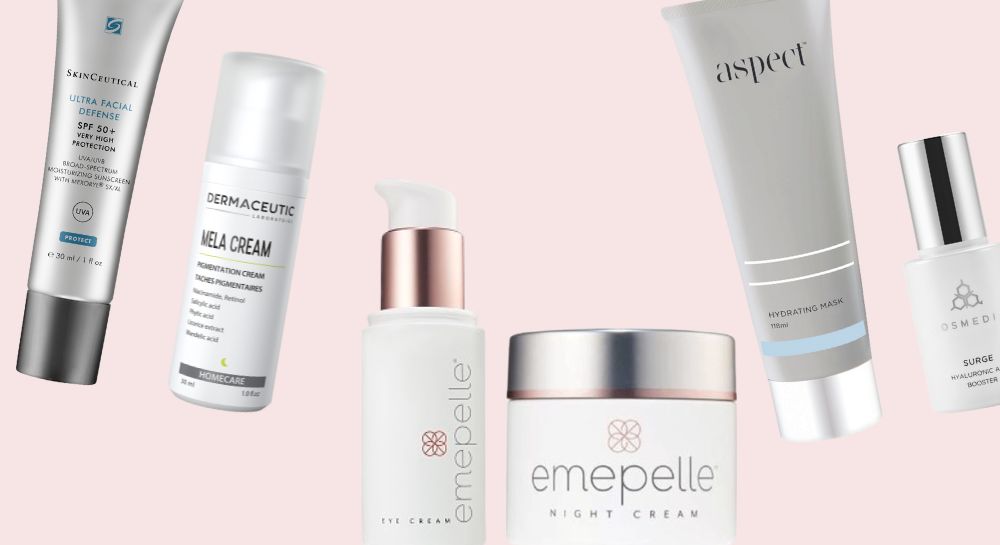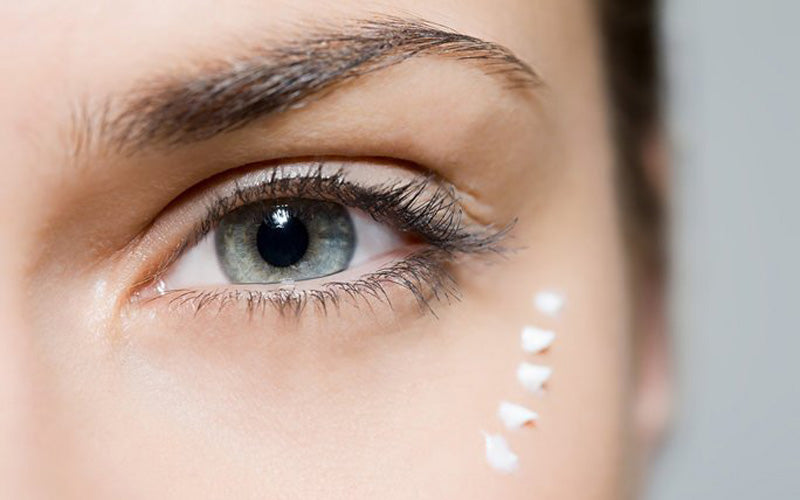Physical vs Chemical Sunscreen
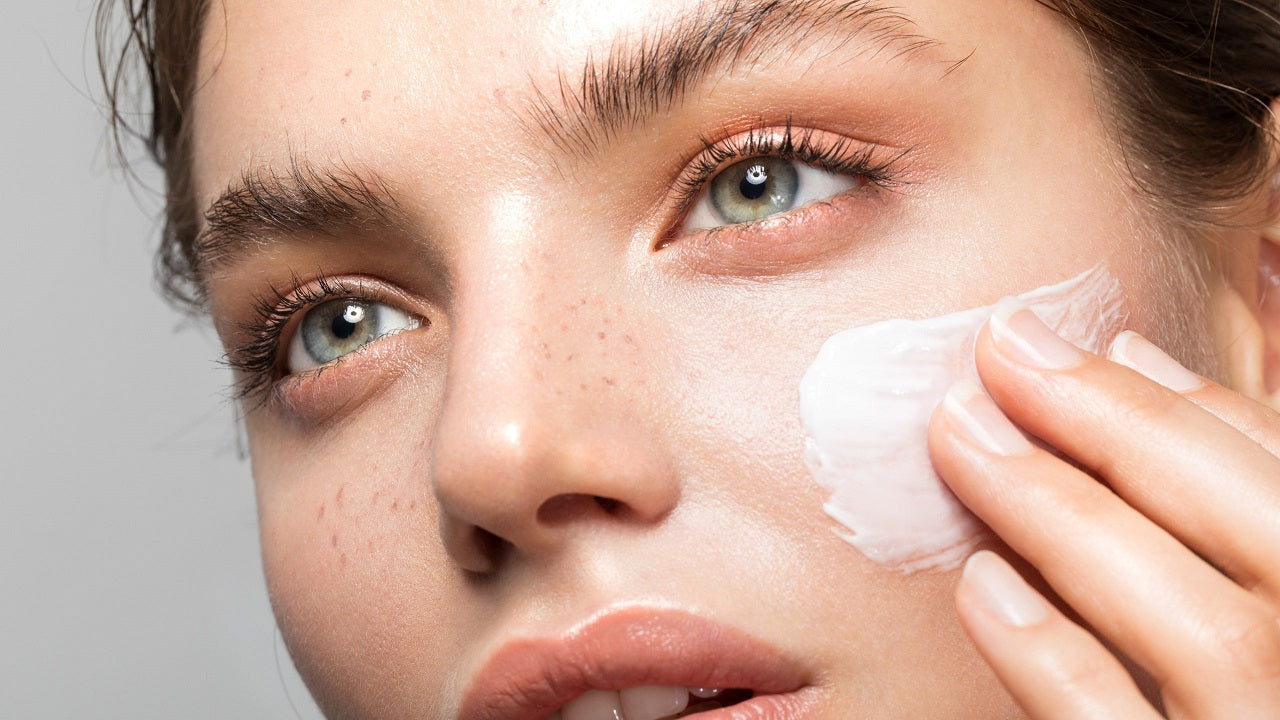
Did you know the number one cause of premature skin ageing is UV exposure? Wearing sunscreen daily you can slow down the process of ageing and prevention of sun damage and pigmentation.
Is physical sunscreen better than chemical sunscreen?
Physical sunscreen is not necessarily better for your skin than a chemical sunscreen and vice versa. There are distinct benefits to both sunscreen types. Wearing sunscreen daily, whether it is chemical or physical, is an absolute must in every skincare routine to prevent unnecessary UV exposure.
How do physical sunscreens work?
Physical sunscreens protect your skin in exactly the way their name suggests. They create that physical barrier between your skin and the sun and remain on the surface of the skin. Physical sunscreens protect against both UVA and UVB rays.
Benefits of physical sunscreen
Titanium Dioxide and Zinc Oxide are the two most common ingredients found in physical sunscreens. Sensitive skin types and breakout prone skin are more suitable for using a physical sunscreen as the Zinc Oxide provides healing and anti-inflammatory benefits to the barrier of skin.
Synergie UberZinc is a hydrating formula with 21% pure Zinc Oxide offering a broad spectrum UVA and UVB protection and anti inflammatory properties. Green Tea Extract prevent free radicals and Hydrolysed tomato skin is a potent antioxidant that neutralises free radical damage which leads to ageing. Apply directly to skin and reapply to skin through the day as directed.
Cosmedix Hydrate+ is a Zinc Oxide formula which provides a broad spectrum protection. It also doubles as a moisturiser for a dewy, radiant-looking glow. This moisturising sunscreen offers broad spectrum protection and antioxidants to help fight free radicals and future damage without leaving behind an oily or greasy residue. Apply daily and re-apply throughout the day as directed.
How do chemical sunscreens work?
Chemical sunscreens penetrate into the epidermis and dermis layers of the skin. The sunscreen absorbs the UV rays, converts the rays into heat, and then releases them from the body.
Benefits of chemical sunscreen
Don't let the word 'chemical' deter you. In chemical sunscreens you can typically also find antioxidant ingredients such as Vitamin C and Vitamin E, which provides the skin additional protection from free radical damage. Chemical sunscreens are the preferred option if you want a sunscreen that absorbs quickly into the skin. This is beneficial if you play sports that make you perspire or if you are swimming and need a sunscreen that is water resistant.
Dermaceutic K Ceutic SPF 50 is a repairing cream that is nourishing and hydrating. It also provides complete sun protection of UVA and UVB barriers. Glycoprotein and Hyaluronic Acid are designed to repair the skin, Shea Butter is used for skin moisture, Vitamin E & SPF 50 to protect, and K Complex to soothe the skin. K Ceutic is also free of fragrance and parabens.
Aspect Sun Envirostat On The Go SPF 50 Sunscreen is a chemical sunscreen that provides a high broad spectrum UV protection. It also contains Vitamin E that nourishes and protects the skin’s barrier from the damaging effects of UV exposure. Envirostat On The Go SPF 50 offers 4 hours water-resistant protection. Apply at least 20 minutes before sun exposure and make sure you reapply as directed throughout the day.
